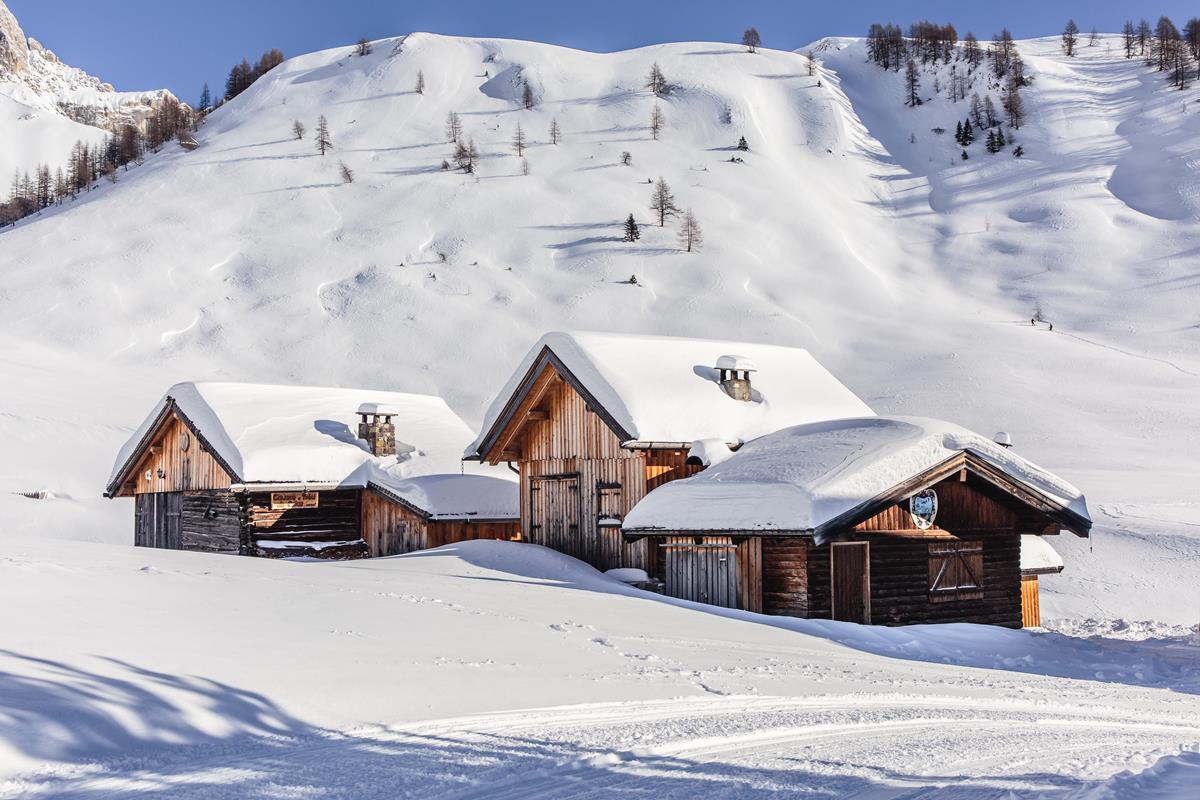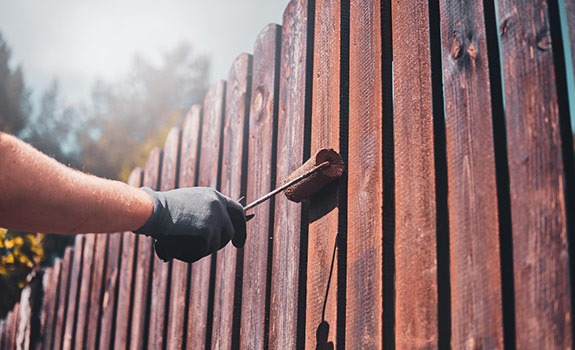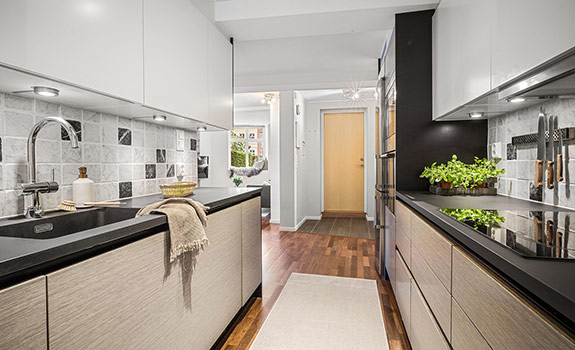We’ve all heard the horror stories: a frozen pipe that burst, causing costly damage and power surges that ruin electronics and appliances. Luckily there is plenty that you can do to prevent these problems from happening at your cabin this winter.
Here are a few must-do items to add to your list before your close down your cabin for the winter season.
Winterize the Plumbing
Frozen pipes can cause thousands of dollars in damage if they burst. To avoid this, turn off the water and be sure to empty out all of the pipes. Once you have turned off the water at the main valve, run the taps on all of the sinks, bathtubs and showers until they are dry. Drain the water from all exterior taps and hoses. Flush the toilets and turn off the water supply to them, as well as the water supply to your washing machine and dishwasher.
Install a New Security Camera System
Keep a watchful eye over your cabin during the off-season with the help of a new security camera system. Ideally, you want to have cameras around the perimeter of your cabin, as well as a few strategically placed cameras inside. Opt for a security camera system that features 4K video for ultra-clear resolution, optical zoom, night vision and remote-viewing capabilities so that you can get a clear view of what is happening when you aren’t there. Be sure that the cameras you choose are designed to withstand harsh winter weather conditions.
This is an important upgrade, no matter how safe of an area you think your cabin is in. After all, burglars aren’t the only potential hazard you need to worry about. Wild animals could cause property damage. Power outages or plumbing issues like frozen pipes could also wreak havoc during the winter. A security camera system can help you keep a watchful eye for any of these issues.
Clear Out Perishable Food
Clean out the refrigerator, throwing away any perishable items, and give the interior a good scrub down. Clear out the freezer as well, getting rid of anything that is no longer good, and taking home anything that you can still use. While everything may be fine in the freezer all winter long, in the event of a power outage due to heavy snowfall, your freezer could thaw out. This could cause all of the contents to spoil, leaving you with a nasty surprise when you return in the spring.
Clean out your pantry as well, getting rid of any expired items. Toss any open bags of chips, crackers, cereal and other snacks that will go stale or attract critters during the winter. Make sure any remaining items are stored in airtight containers.
Unplug Electronics and Major Appliances
Unplug all televisions, sound systems and computers. Disconnect the cords for small appliances like the microwave, toaster, coffee maker and any other kitchen gadgets that you normally keep plugged in. Unplug large appliances like your dryer as well. If you choose to unplug the refrigerator and freezer, be sure to keep the doors propped open slightly to help them dry out and prevent any musty odors.
This will minimize electricity consumption (many items still use electricity when plugged in, even if not in use) and help prevent damage in case of any storm-induced power surges.
By winterizing the plumbing system, unplugging appliances, installing a new security camera system and clearing out any food that won’t be good by spring, you can do your best to avoid the common winter woes that many vacation home owners face. A little preparation can save you a lot of time and money so that reopening your cabin in the spring is an exciting experience instead of a stressful one.







